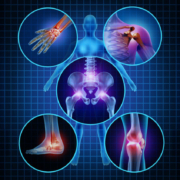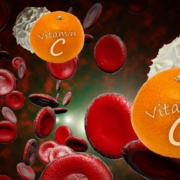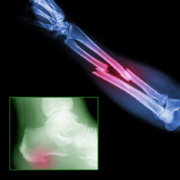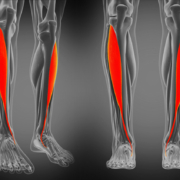Dealing with Delayed-Onset Muscle Soreness
Muscle soreness generally occurs after a new workout routine, especially weight training. It generally involves eccentric contractions: the simplest way to explain it is the resistance to a movement. During a bicep curl, eccentric contractions would be resisting the lowering of the weight as you return to the starting position. But that’s not exactly what I mean. This is an overall fatigue and soreness that affects more than muscle. Let’s call it delayed-onset body soreness.
What Causes Delayed-Onset Body Soreness?
Movements that are repetitive, that last for hours, that aren’t part of your normal routine—those are the likely causes of delayed-onset soreness. It doesn’t matter how fit you are or how strong you are. While fitness and strength will help, it’s still going to happen occasionally. When you perform movements, even if they’re as simple as standing and answering questions like I did, there are stresses on the ligaments, tendons, and joints as well as the muscles, minute after minute, hour after hour. Micro-tears can occur in multiple types of tissue, and that can cause inflammation and pain.
What you feel the next day is actually the repair process in progress.
Can You Prevent DOBS?
Probably not because it’s caused by something you do infrequently: rake leaves, walk up and down arena steps, shovel snow, or help someone move. But stretching on a regular basis probably helps. Ever stand up, take a deep breath, and reach over your head to stretch just about every muscle in your body? Something as simple as that a few times a day will help keep you limber. Yoga would be great but whatever it is, it has to be consistent to be effective.
The Bottom Line
Infrequent events with repetitive movements are going to happen. I don’t think there’s a need to specifically train for them other than stretching on a regular basis. Taking nutrients such as glucosamine and vitamin C may help the repair process; you can take them in the days leading up to the event as well as after, along with whatever pain meds work best for you. No question that regular aerobic exercise and strength training will help, but most likely won’t prevent soreness. The good news is that this is a problem that should resolve itself quickly.
What are you prepared to do today?
Dr. Chet
Reference: https://www.acsm.org/docs/default-source/files-for-resource-library/delayed-onset-muscle-soreness-(doms).pdf?sfvrsn=8f430e18_2









